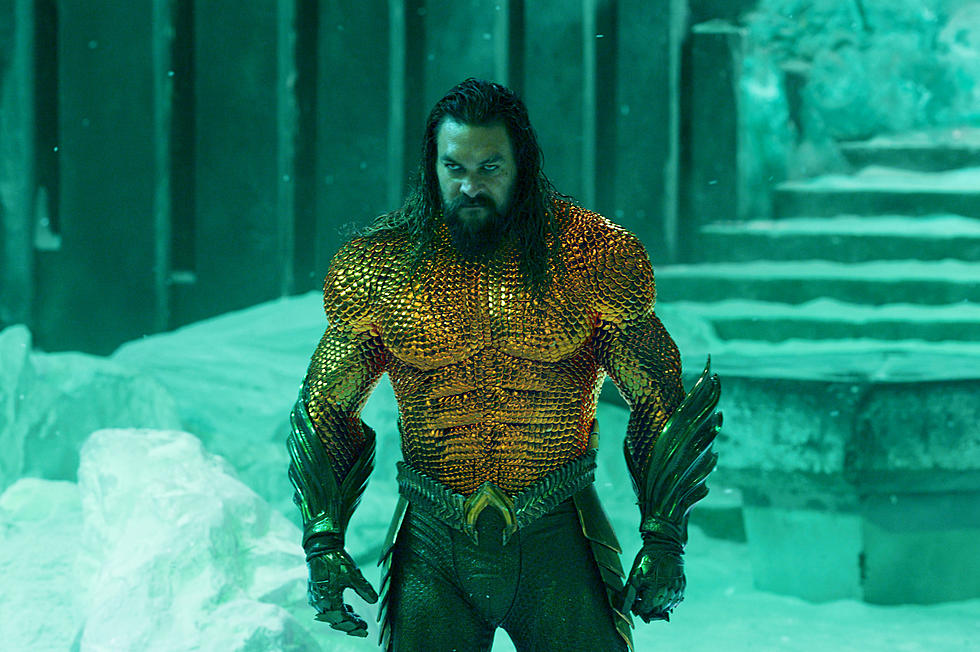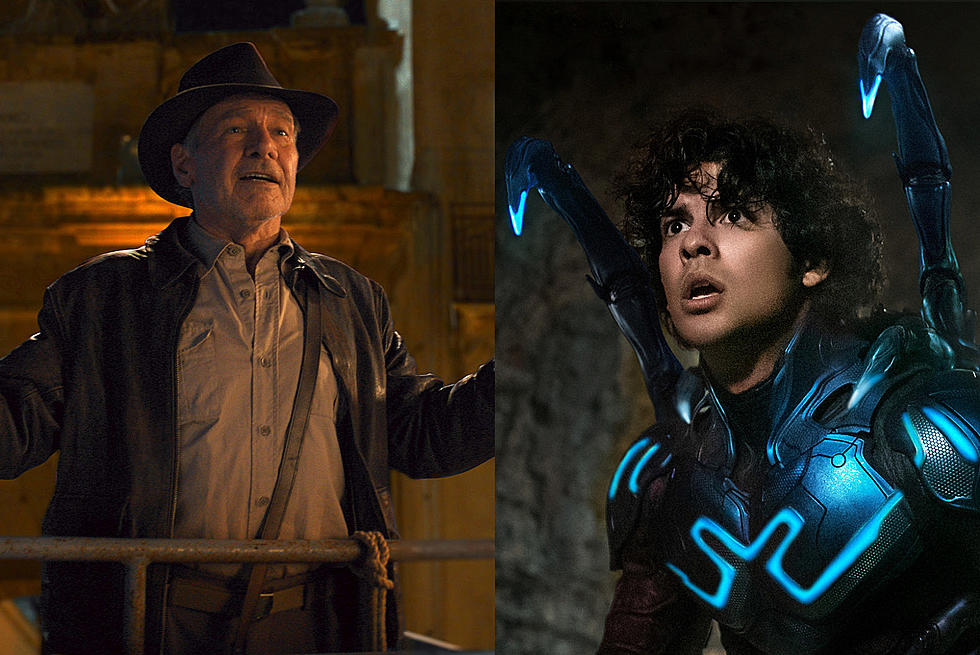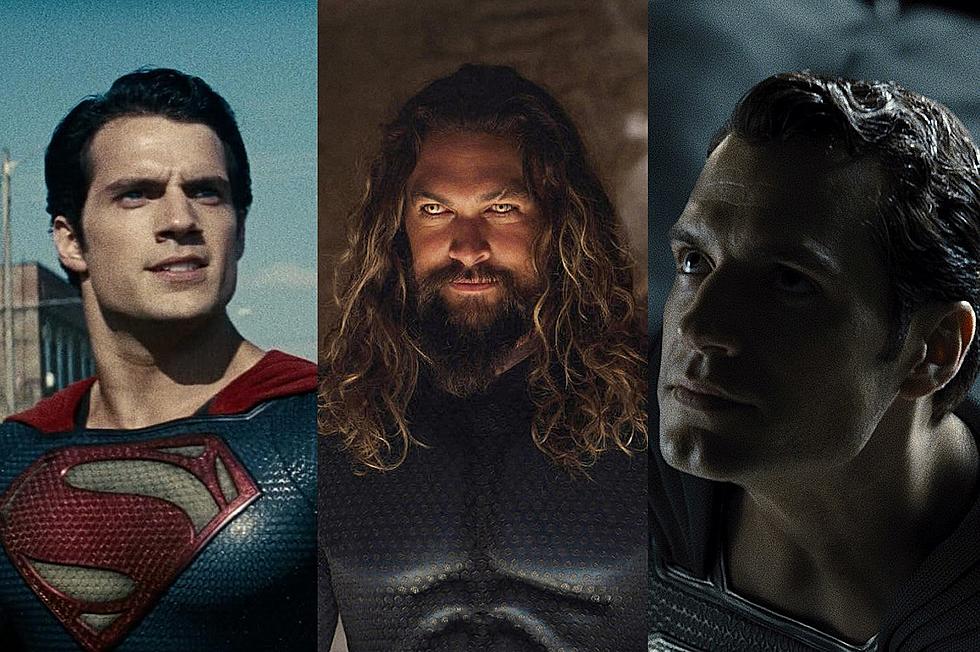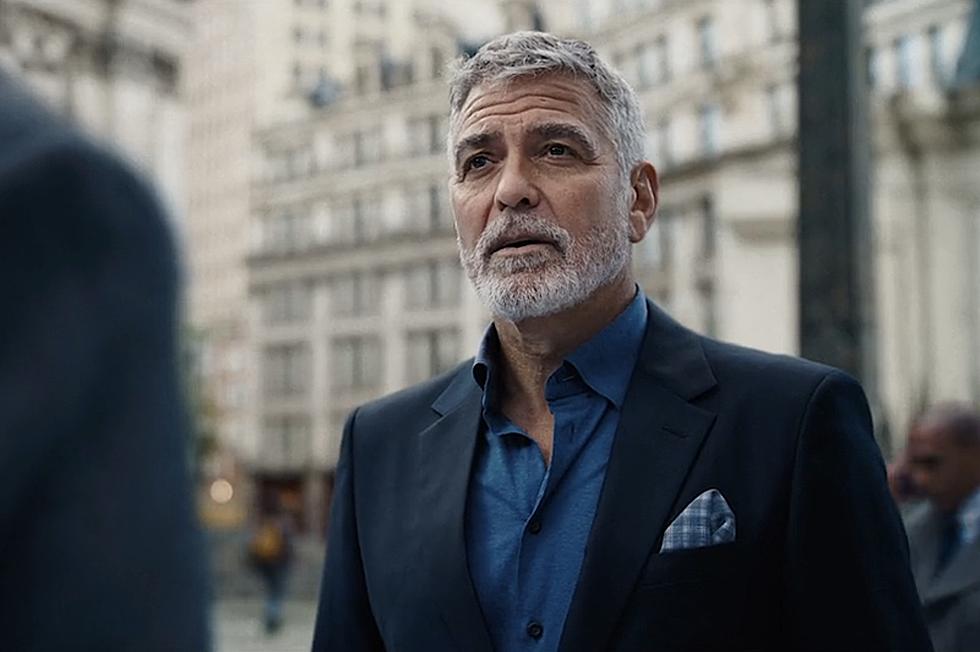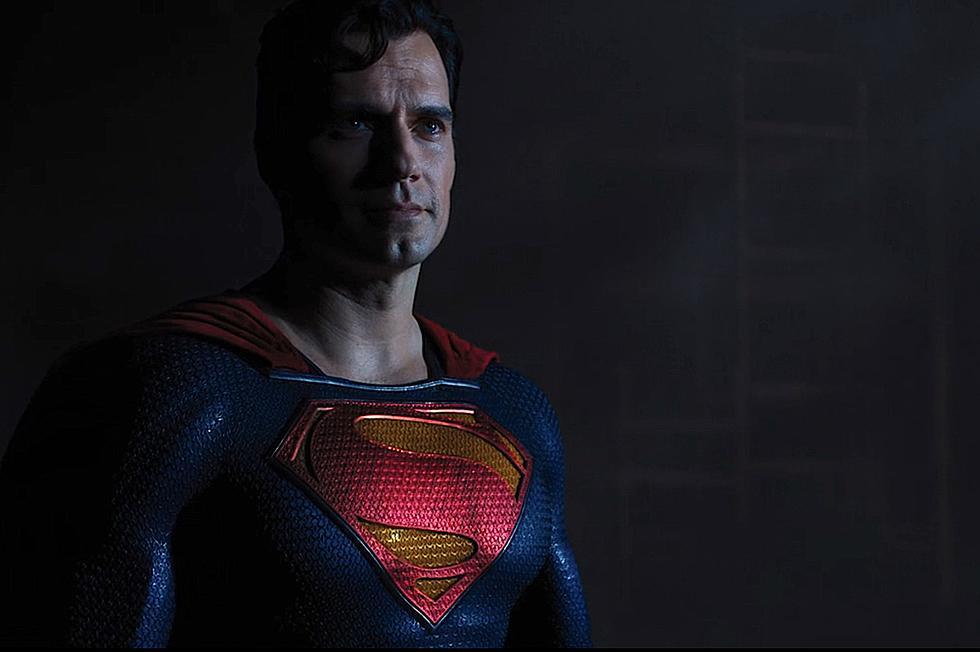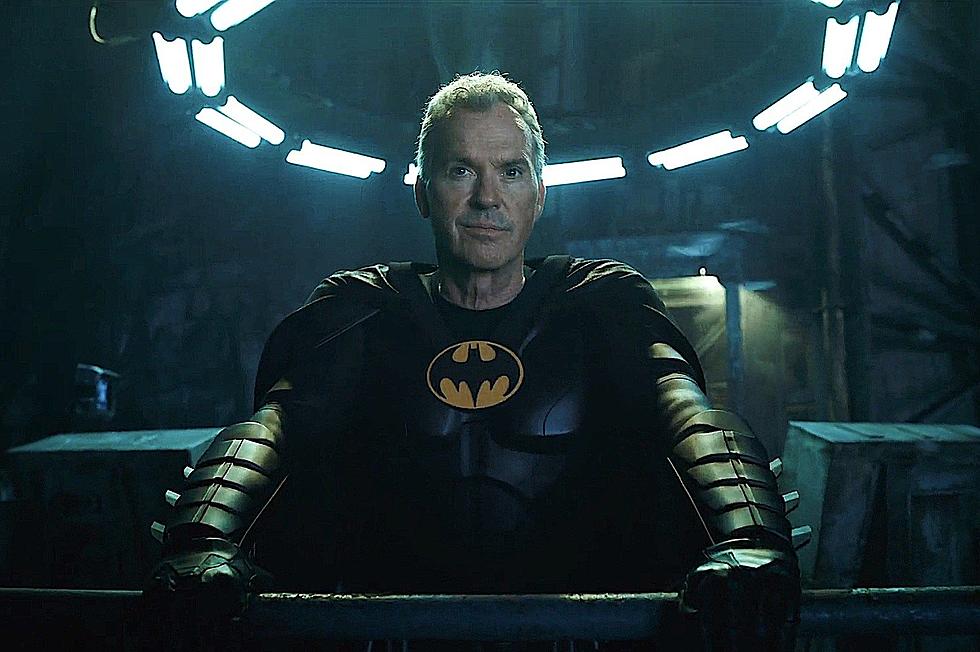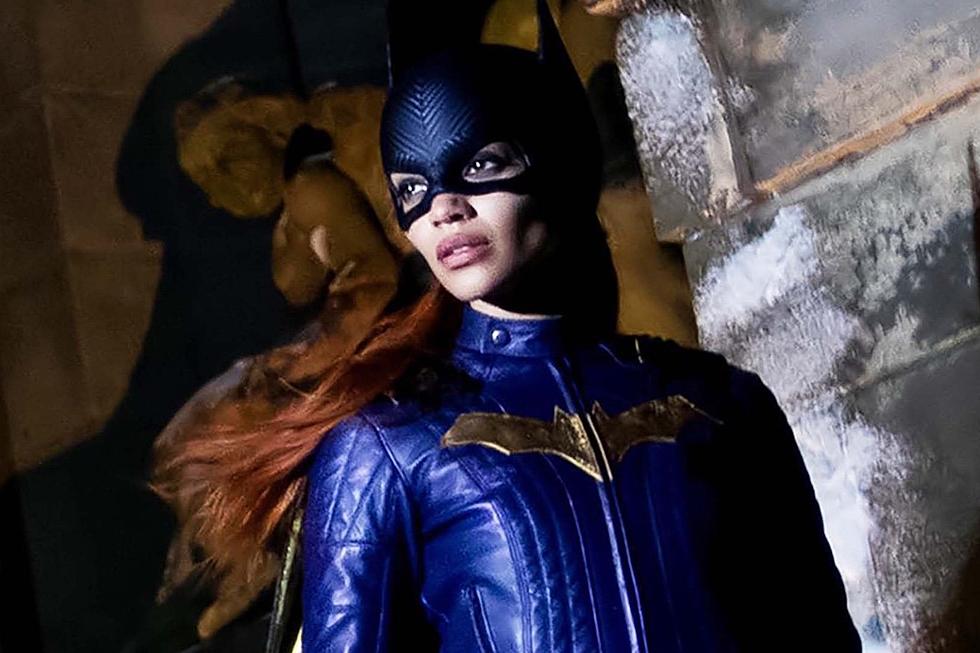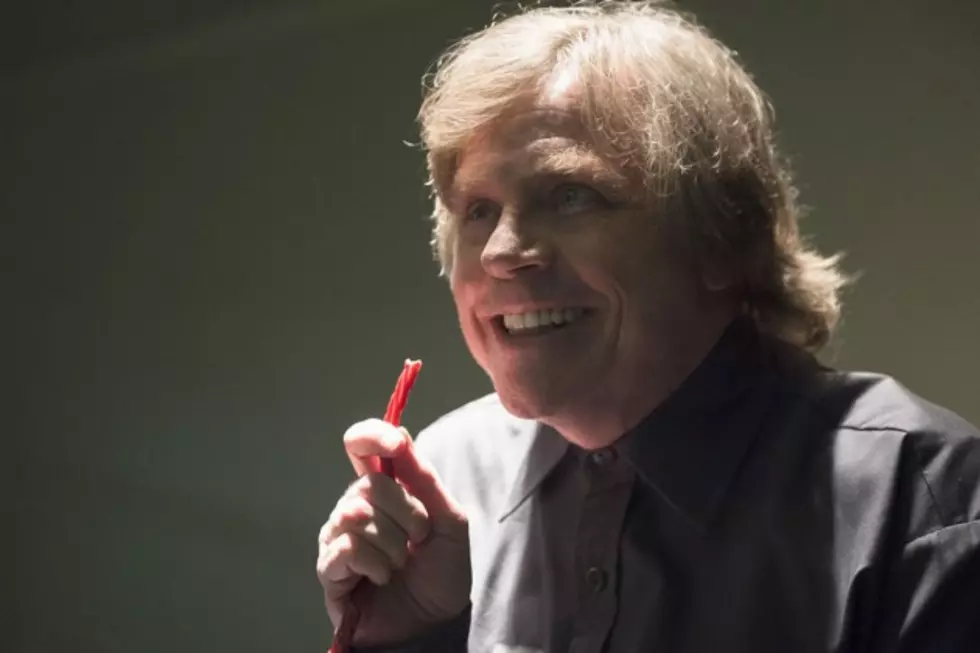
Review: ‘Tricksters’ May Have Been the Best Episode of ‘The Flash’ Yet
OK, well now that’s a lot more like it.
The 2015 run of The Flash hasn’t been that strong, with an inability to plot over the long term and a semi-disastrous redo of the timeline last week hurting the overall quality of the program. But “Tricksters” does what the show does best: Dole out a fun villain of the week and incrementally move the overall season along without really giving away the farm. That seems like an odd thing to say given the flashbacks in tonight’s episode, but in reality, this episode told us far less than it initially appears.
But before we get to the mythology, let’s not bury the lede: Mark Hamill was in this episode, and he was spectacular. I don’t want to dwell to much on the implications of the continuity that led him to play the same character as the early-90’s version of this show, especially since that show’s titular character is now playing Barry Allen’s dad in this one. Regardless: When you get a performance with as much malice and fun as this, why quibble? Hamill almost out Hannibal Lecter’ed Anthony Hopkins in his initial scenes, and owned every moment thereafter. His trick “twenty years in the making” wasn’t all that inventive, but the long con to break himself out of prison using the equivalent of a fanboy was fun more for its execution than surprise.
(I’m torn on the “I am your father” line. I’m all for fan service, but is it this show’s duty to put those words in Hamill’s mouth? Oh who cares. I’m in a good mood. Change approved.)
The Trickster works as a villain for The Flash because James Jesse’s mind works as fast as Barry Allen’s legs, which makes for a nice counterbalance when the two clash. It helps that Barry’s mind is completely elsewhere this week as he grapples with the burgeoning realization that Harrison Wells is The Reverse-Flash, therefore responsible for his mother’s death. The show was quite good early this season on at tying Barry’s exploits to his all-too-human fears, something the show has largely gone away from in recent episodes. But tonight, we had incredible heart-to-heart scenes with Barry’s two true father figures (Henry and Joe) and some fairly tense ones with his scientific father, Harrison. When Barry ignores Harrison’s advice about the second Trickster’s bomb, he’s not being an arrogant hothead. He has legitimate worries about Harrison’s veracity, and that’s a strong, relatable note for the show to push and for Grant Gustin to play.
After all, the strongest material in The Flash centers around Barry’s innate goodness, which plays into our desire to see his optimism validated. That’s why a simple scene involving Barry and Henry laughing after the former rescued the latter from The Tricksters’ trap means more than any special effect the show could muster. The Flash stands out at its best for its bright color palate, which reflects its bold approach to the superhero world as a whole. Grant Gustin gives great “I’m so proud to be your son” face, which is incredibly refreshing in a genre in which daddy issues tend to dominate. (Hell, that applies to most of television, not just superhero TV.) It’s great for Henry and Joe to give Barry so much credit, and even better for that respect to be returned in kind. The show extends that respect to Caitlin and Cisco as well, but it’s really the Barry/Henry/Joe triangle that gives its heart and soul.
As far as Barry’s now estranged father, flashbacks hinted towards a potential explanation for Harrison Wells’ seemingly contradictory actions only to pull back certainty from the grasp of viewers once again. The flashbacks start with a stellar slo-mo version of The Flash/Reverse-Flash fighting around Nora.
(Though how is The Flash winning that race to the house? Last time we saw them race, Barry couldn’t keep up with him. Hmmmm…) From there, we learn that the time jump has knocked out Eobard Thawne’s speed-force, but also that he has a very different face than we expect. (That face belongs to Matt Letscher, who worked on Greg Berlanti’s Brothers and Sisters and more recently on Scandal, which makes me wish for a cross-over episode in which Huck tries to hack into the CIA faster than Barry can run across the country.) I thought the show might feature Eobard somehow mentally melding with Wells, but instead, he hooks up what looks like jumper cables to their chests and takes Wells’ likeness.
So now we have an explanation for why Wells’ blood wasn’t on the wall in the Allen’s home, but still no true explanation for Wells’ seemingly contradictory actions. “Tricksters” notes the conundrum explicitly tonight, meaning The Flash has an answer already in place. Perhaps the real Wells’ mind leaked through the cables and “drives” for most of the time, merging Thawne’s anger with Wells’ innate compassion. It’s simply more dramatically interesting if Thawne/Wells actually does care for Barry, Cisco, and Caitlin, so having it be a 24/7 act is certainly plausible but also the least interesting scenario. As we’ve learned, time travel has consequences, and even those Thawne cannot predict. We know Wells built the particle accelerator in 2020 in Thawne’s timeline, and pushing up that date by six years will have ripple effects that no amount of course correction will completely undo. Luckily for him, there’s another Thawne in Central City that might want to help him with any such course corrections, especially now that Eddie knows Barry’s secret.
All in all, this was just a fun episode of TV that dropped a lot of mythology without being burdened by it. The Flash still has The Iris Problem to contend with, especially now even Eddie is lying to her. But that couldn’t undo the overall solid outing, one that hopefully marks a turning point as the show heads into the home stretch. It might not be sprinting full speed, but it certainly gained a lot of steam tonight.
More From ScreenCrush
